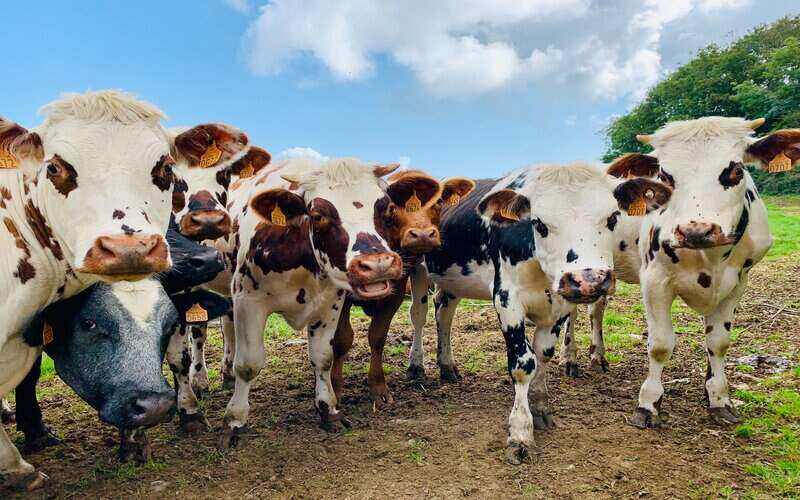Angus Taylor, Minister for Industry, Energy and Emissions today said Australia's gas prices have not been as unstable as those in Europe and Asia, describing them as "internationally competitive".
At Australia's domestic gas outlook conference he said Australia has avoided the price increases experienced by other countries.
"As a result of industry and government working together, we have avoided the price increases seen abroad," the Minister said.
"Our local gas supplies have helped to keep prices internationally competitive, protecting Australian gas users.
"While Asian spot gas prices are significantly elevated, domestic Australian East coast spot gas prices have not followed."
ACCC Commissioner Anna Brakey also addressed the Australian Domestic Gas Outlook conference, saying the currently high gas prices are unprecedented.
"Developments overseas raise longer-term concerns, especially given the tight supply outlook for our east coast gas market," she said.
"Supply shortfalls are exceeding the ACCC’s previous forecasts, particularly in Australia’s southern states.
"Our most recent gas inquiry report found there’s likely to be enough supply this year, but the demand-supply outlook is finely balanced.
"However, the longer-term outlook is more concerning. We forecast a shortfall in the south from 2024.
"More concerning still is that by 2026 or 2027, we expect a shortfall over the whole east coast."
Also read: How does inflation actually impact consumers?
Dairy prices looking cloudy
The latest Rabobank Global Dairy Quarterly report shows milk prices have increased significantly across the world’s major dairy export regions, and further "upside" in milk prices remains.
The report says that even before the Russia-Ukraine conflict, global dairy commodity prices were "soaring" due to a global supply shortfall.
The major dairy export regions are grappling with poor weather or margin erosion from rising feed costs, resulting in a year-on-year deficit that was much worse than anticipated.
Rabobank expects dairy commodity prices will stay elevated through to the middle of the year amid the constrained supply.
According to the report, the long-term outlook hinges on consumer behaviour and normalised market conditions, both being unpredictable.
Rabobank senior dairy analyst Michael Harvey said labour shortages and a wet spring/summer have resulted in lower production.
“As of January 2022, national milk production was 2.6% behind the previous season,” he said.
Food price rises since 2019 pic.twitter.com/oHFZxHyX0B
— ☔Jason Murphy (@jasemurphy) February 2, 2022
Image by Lomig via Unsplash



 Denise Raward
Denise Raward
 Harry O'Sullivan
Harry O'Sullivan

 William Jolly
William Jolly
 Emma Duffy
Emma Duffy

